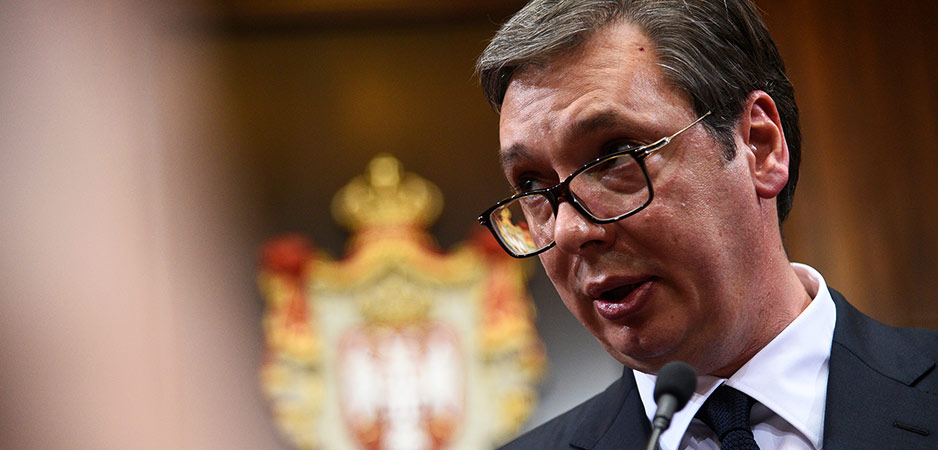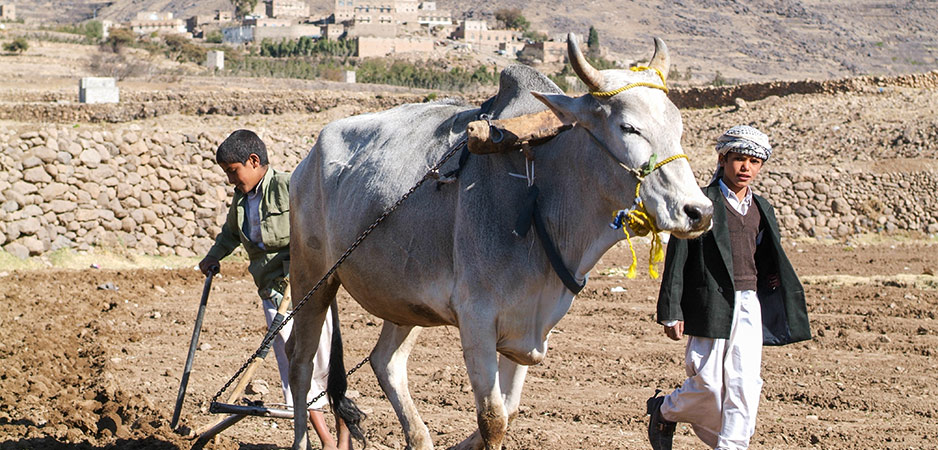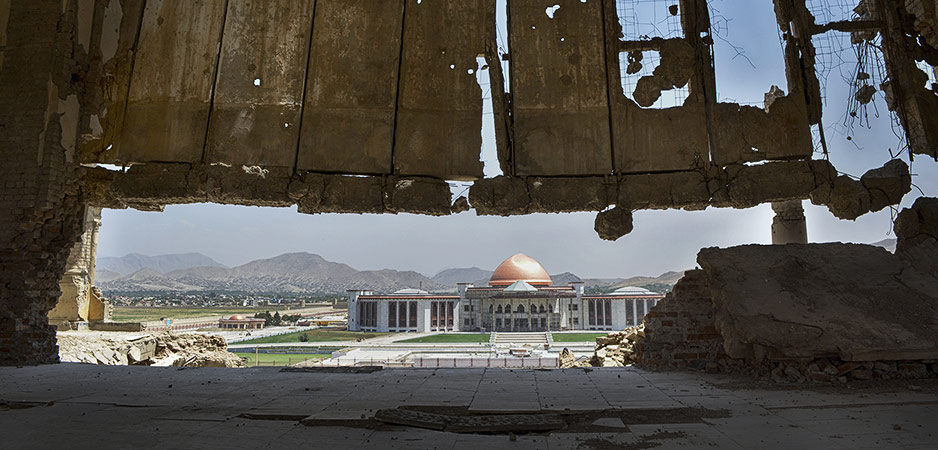In January this year, the public attention was drawn to a Serbian souvenir shop selling shirts with the inscription “” (“Knife, Wire”), the slogan celebrating the 1995 genocide in Srebrenica where the Bosnian Serb forces killed more than 8,000 Bosniak men and boys. The Belgrade-based shop specializes in streetwear honoring Serbian nationalism, irredentism and military history from World War II to the 1990s wars in former Yugoslavia.
Yemen’s food crisis is not different in its nature from other regions of the Arab world and the agrarian south more broadly. However, it is a severe case, hence the warning issued a year ago by the United Nations that Yemen, along with other countries, faces the imminent threat of famines of “biblical proportions.” The mass starvation that has engulfed the country is partly a consequence of the ongoing conflict, especially the economic blockade imposed in 2015. Yet the root causes predate the civil war, as devastating as it has been, and have only been revealed and exacerbated by it. At its core, Yemen’s food emergency is an agrarian and a rural social crisis that has been in the making since the formation of the two republics in the 1960s.
The maxim “I may not agree with what you say, but I will defend to the death your right to say it,” often misattributed to Voltaire, sums up one of democracy’s pillars devised back in classical Greece and adapted by modern nation-states. Subsequently, the new era of instantaneous and digital global exchange flourishes under clear yet minimal controls on freedom of expression. However, as speech fora grow and expand, Silicon Valley executives inconsistently regulate online civil discourse, with mixed results. Federal legislation regarding digital expression is dated or inexistent. Simultaneously, social media executives have failed to fill the regulatory gap by applying disparate standards between countries and sociopolitical contexts.
In a fascinating interview with The Guardian’s Andrew Anthony, media-friendly physicist Michio Kaku reveals more than he may have intended about both science and politics when he explains how political funding of the science of fundamental research takes place today. The champion of string theory complains about the difficulty scientists have as they set out to solve the biggest theoretical questions about the origin and structure of the universe due to the incomprehension of prominent politicians. He describes the fate of a plan 30 years ago to build an installation even “bigger than the Large Hadron Collider,” currently the world’s most powerful particle accelerator, which the European Organization for Nuclear Research (CERN) launched in 2008.
The far right have a habit of co-opting symbols and visual iconography originally used by other movements, oftentimes those holding opposing ideologies. For example, during the rally-turned-siege in Washington on January 6, protesters chanted, “Whose house? Our house!” This was a likely nod to, “Whose streets? Our streets!” shouted by attendees of the 2017 Unite the Right rally in Charlottesville, Virginia.
A look back at history shows that desperate times do indeed call for desperate measures. After all, it was not until Saudi officials watched in horror as oil prices plummeted by 70% that, in 2016, Vision 2030 was born. While other Gulf Cooperation Council (GCC) members presented their own initiatives, true to form, Saudi Arabia’s economic reform agenda is the most ambitious yet. 2020 was set to mark the agenda’s first benchmark achievement. Instead, an oil price war, a disastrous bombing campaign against Yemen and a 5.4% contraction in GDP set a different tone than the kingdom may have intended.
In a recent interview with the BBC, President Ashraf Ghani insisted that the condition for peace in Afghanistan depends on the condition of the war. First, according to him, Afghan security forces need international support due to intensifying violence by armed groups, including the Taliban. Second, without addressing Taliban sanctuaries in Pakistan, the situation with the conflict will not change. “My message is those who provide sanctuaries to the Taliban should be talked very straight,” he said. “There’s so many fears of collapse into civil war.”







